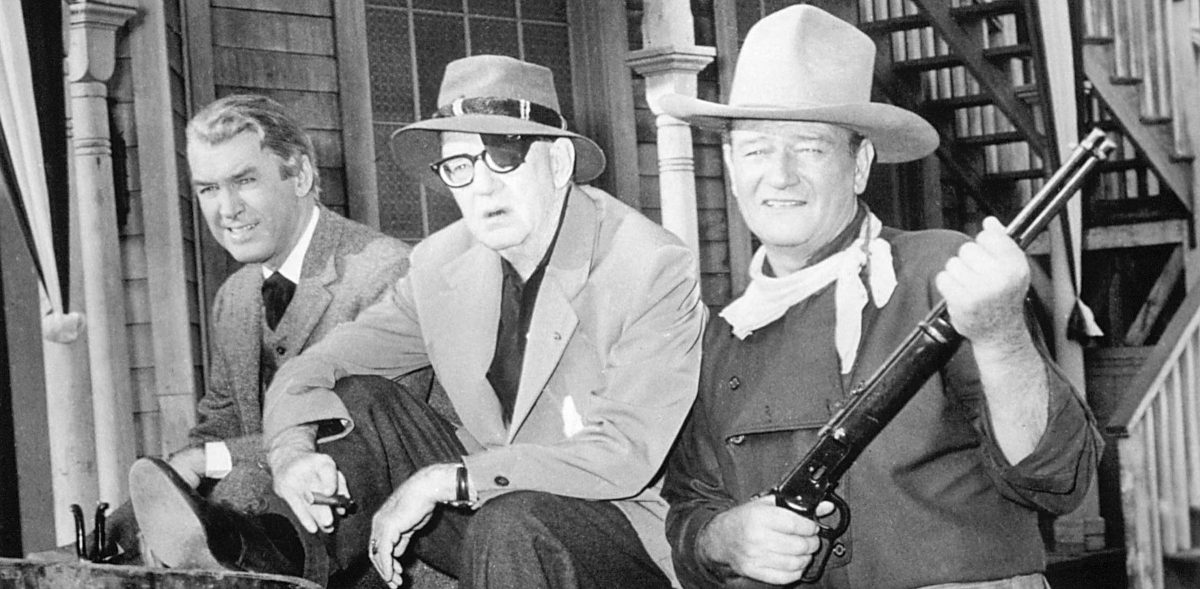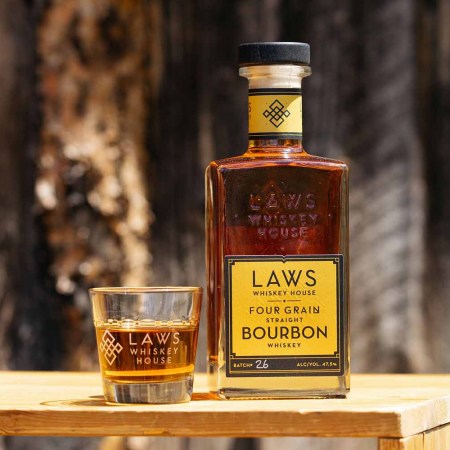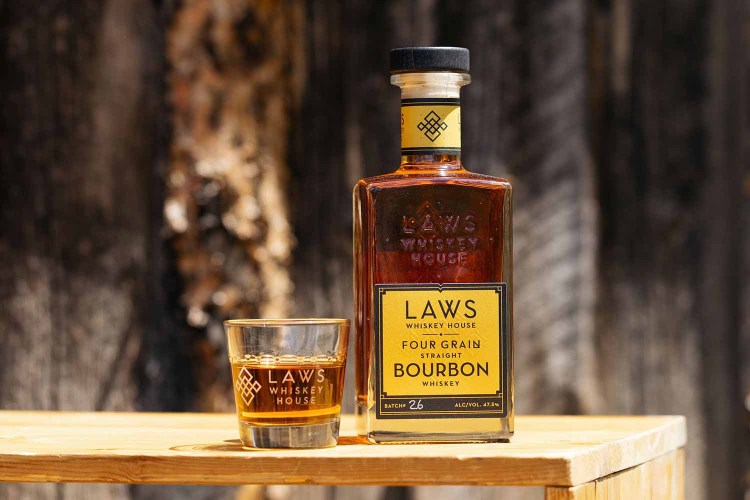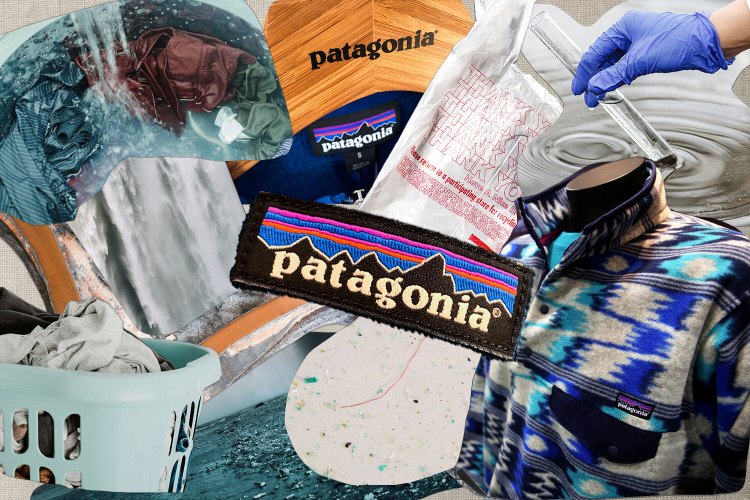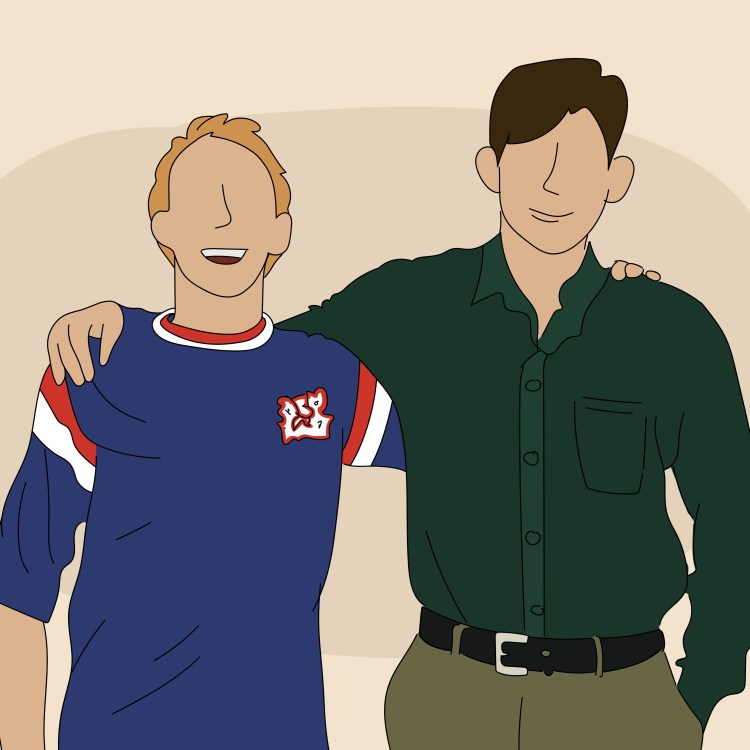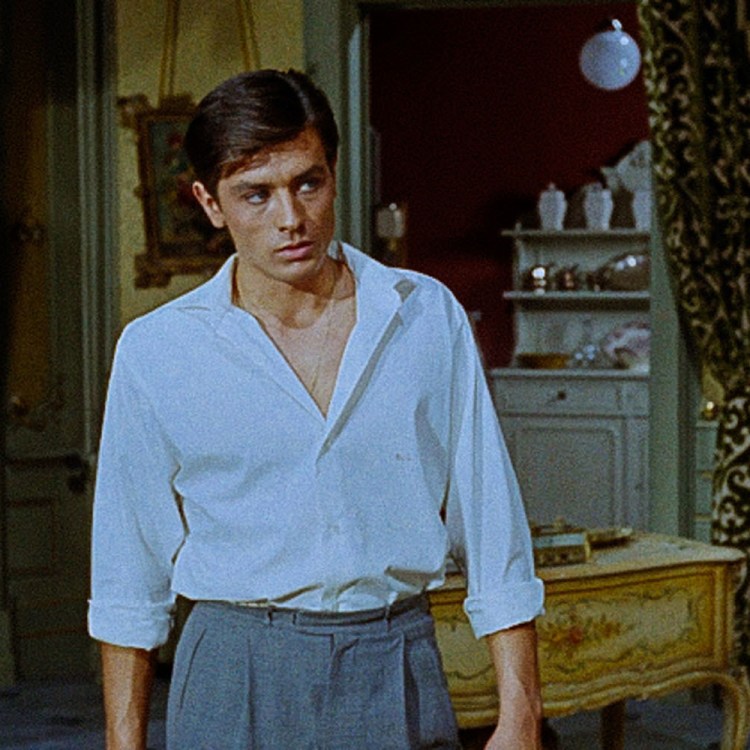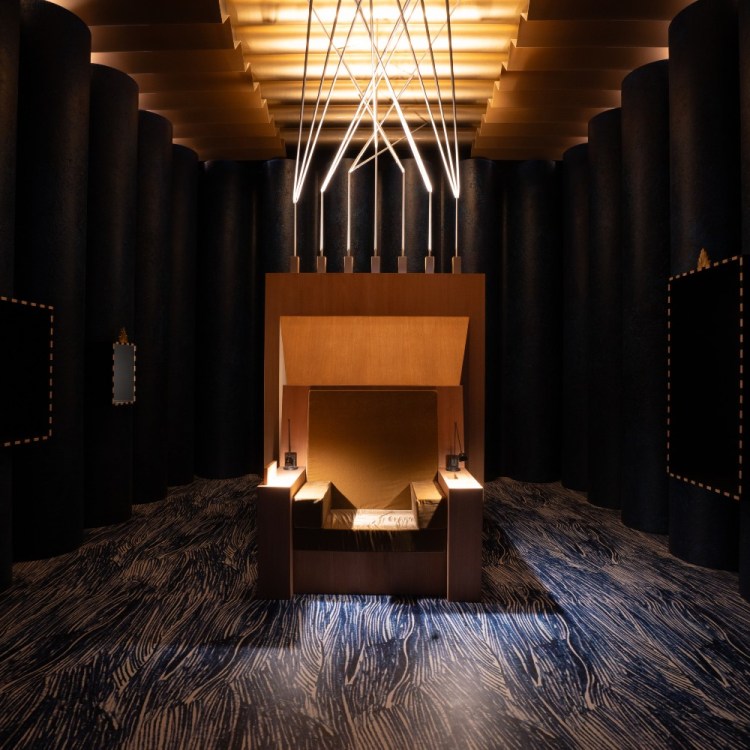These days, John Wayne’s aura of machismo may seem as outdated as the Old West in which many of his films were set. But a fascinating new think piece in The Atlantic advocates that the American actor’s evolving legacy and image are now ready for another close-up.
Much of the credit for the transformation of Wayne—born Marion Robert Morrison—from shy extra to Hollywood’s template of a “real man” goes to Oscar-winning director John Ford, who cast the actor in his first major lead role in the iconic Western masterpiece, The Searchers.
And over the course of their 23 movies together, Wayne and Ford “succeeded in defining an ideal of American masculinity that dominated for nearly half a century,” as Nancy Schoenberger wrote in Wayne and Ford: The Films, the Friendship, and the Forging of an American Hero, the book that inspired The Atlantic piece.
Ford rode his muse mercilessly to achieve that ideal, according to accounts from those who worked with both of them on the sets—a possible overcompensation for the director’s own neuroses over being perceived as too feminine. (Actress Maureen O’Hara wrote in her 2004 memoir that she was convinced Ford was secretly gay.)
And Wayne was a willing student. He took seriously his image as a bastion of the American male, and took on a public anti-Communist zeal as the Cold War intensified within Hollywood and without. But as standards of masculinity have changed over time, Wayne’s image hasn’t aged as well as the films in which Wayne collaborated with Ford.
“From the bulk of the evidence here, masculinity (like the Western) is a by-product of nostalgia, a maudlin elegy for something that never existed—or worse, a masquerade that allows no man, not even John Wayne, to be comfortable in his own skin,” writes The Atlantic‘s Stephen Metcalf.
This article was featured in the InsideHook newsletter. Sign up now.
